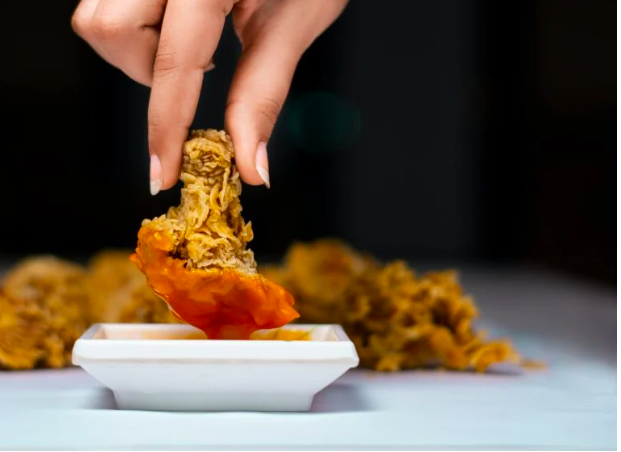
Products associated with fried food topped the list of Filipinos’ purchases from sari-sari stores this holiday season, according to a study by Philippine startup Packworks and sociocultural research firm Fourth Wall.
Packaged dipping sauces or sawsawan had the highest consumption rate from Dec 1 to 14, increasing by 8 percent compared to a year ago based on data from Sari IQ, Packworks’ data analytics tool which measures behavior and spending habits of consumers who shop at sari-sari stores.
Breading and coating mixes came second, growing by 7 percent, while cooking oil ranked third with a 5- percent increase.
The same study shows many Filipinos giving up fruit salads and other sweets this season, apparently due to the high prices of many of their ingredients including fruits, sugar and cream.
Sociocultural
“At a sociocultural level, Filipinos prefer fried foods because of its association to sawsawan and the culture it breeds,” said Fourth Wall Research Director John Brylle L. Bae.
“The sawsawan culture epitomizes the communal nature of eating for us, Filipinos – that is, eating is more than just consuming good food, but forging long-lasting connections with others,” he added.
The study also cited as an explanation to the trend a 2016 essay by food and culture writer Andre Orandain, which described Filipino cuisine as participative and communal.
“It asks and implores one to touch the food, not only to consume but also to partake. To allow ourselves to connect with the things we eat on a deeper, more spiritual level. It asks us to treat food intimate,” wrote Orendain.
“The sawsawan is one of the most important facets of this trait. It defines the very structure of Filipino culture. It shows us how we adapt, how we change, how we are hospitable, and how we love to please. It is many things all at once, but more importantly, it shows how much of a reflection food is,” Orendain’s essay read further.
Inflation bites
Meanwhile, sari-sari stores products related to fruit salads saw mixed changes.
Evaporated milk and condensed milk ranked fourth and fifth in the list. But while evaporated milk sales increased by 2 percent, condensed milk declined by 1 percent.
All-purpose cream sales declined by 11 percent while canned fruits decreased by 16 percent, suggesting that some Filipinos are giving up fruit salads on their holiday table this year.
Demand for sugar and other seasonings has also considerably gone lower according to the study, with the former declining by 9 percent while the latter decreased by 33 percent.
“Our analysis suggests that on holiday seasons, Filipinos are willing to forgo salads and sweets, but they are struggling to let go of fried foods,” Bae said.
“The aversion to sugars and salads comes from high inflation, growing concerns on diabetes, and increasing health consciousness. Meanwhile, the propensity for fried foods comes from practical considerations, convenient and economical, but also from a much deeper sociocultural consideration,” he added.